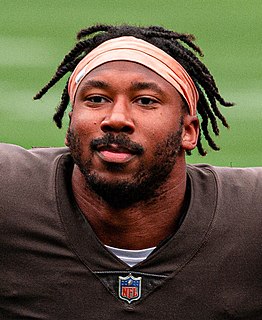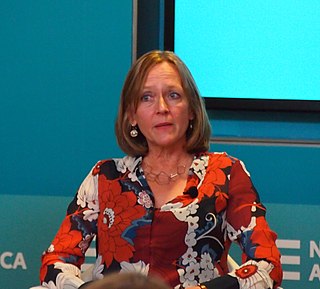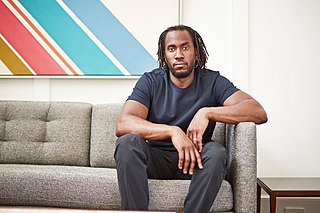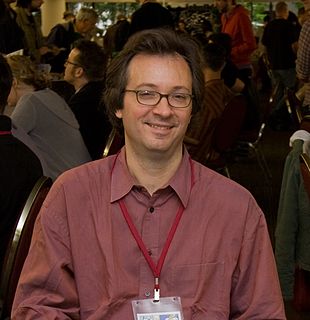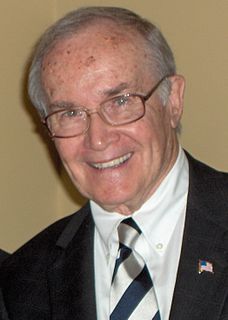A Quote by Myles Garrett
You played 'Snake' on it. That's what we had a cell phone for, when my mother would let us use it. When you had it, you set it down at the table, you set it down in the other room, we ate, and you enjoyed your time with your family.
Related Quotes
Everyone talks about how we're on our phones all the time, but the fact remains that when I'm away on a film set for two months, I can Skype my family. I remember the phone calls my parents had to make when my dad was away for a while when I was younger - that once-a-week expensive phone call! The time pressure on talking to your father!
I was reading through all these NSA programs that Snowden has revealed, and one of the ones that fascinated me was that smart TVs can be used to look at you in your room. That is totally like the telescreen from 1984. It's not sort of like it, it's not a lot like it, it is it. And the ability of the NSA to turn on your cell phone, even if it's powered down, and listen to you in your home - that's insane to me. People had been warning that 1984 was just around the corner. Well, it has arrived, and Snowden has proven that.
When you will, make a resolution, set your jaw, you are expressing an imaginative fear that you won't do the thing. If you knew you would do the thing, you would smile happily and set about it. And this fear (since the imagination is always creative) comes about presently and you slide down into the complete slump of several weeks or years - the very thing you dreaded and set your jaw against.
When I was a kid, phone calls were a premium commodity; only the very coolest kids had a phone line of their own, and long-distance phone calls were made after eleven, when the rates went down, unless you were flamboyant with your spending. Then phone calls became as cheap as dirt and as constant as rain, and I was on the phone all the time.
Noah Baumbach does more takes than any director I've ever worked with. He runs a very quiet set and he runs a very hard working set. He has such an intense level of dedication to what's happening that he cultivates a group of people around him who have an equal level of dedication. Nobody asks, "When is lunch?" That's just not part of our sets. It's complete immersion. He has a 'no cell phone' rule. Nobody checks their cell phone. Nobody reads on set. It's like, "If you're there, you're there. If you're not on board with that, don't work on this movie."
